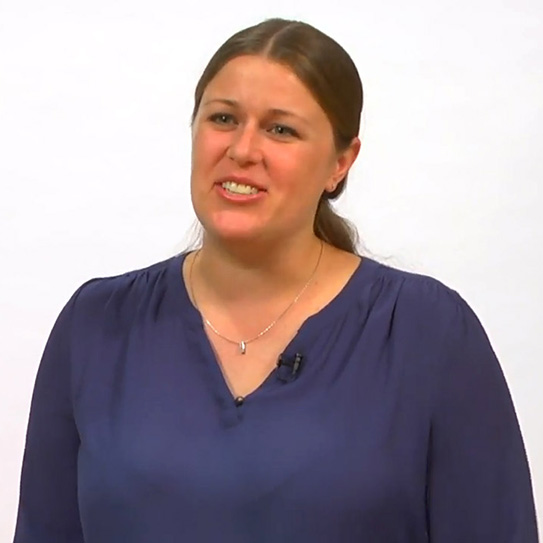As real estate prices rise in Ontario, so are the related probate fees on that property when settling your estate. Might you be one of the lucky Ontarians that can avoid probate fees on your real estate?
If you’ve owned a property in Ontario for at least 15 years, you may be one of a small group of people whose property is exempt from probate fees.
Probate fees are a form of estate administration tax. In Ontario, they’re calculated using the following formula:
- No probate fees are charged on the first $50,000 of an estate’s value
- Probate fees are $15 per every $1,000 of estate value over $50,000
Real estate in Ontario is normally subject to estate probate fees. For real estate owned jointly with right of survivorship, this asset isn’t subject to probate until the death of the last surviving owner.
Historically, Ontario used a paper Registry System for property registration. In the late ‘90s, the system was converted to an electronic system called the Land Titles Conversion Qualified System (this conversion between systems took years to complete).
For property owners whose existing properties were originally listed on the old system, you may be able to avoid probate fees on this asset if the following conditions are met:
- Your real estate property was originally listed under the old Registry System and was then converted to the Land Titles Conversion Qualified System, and
- No title transfer has occurred since the property was converted to the Land Titles Conversion Qualified System, with 2 exceptions:
a. The property was owned as joint tenants with right of survivorship and one owner passed away. After their passing, the property was transferred into the sole name of the survivor.
b. A title transfer occurred due to a marriage breakdown.
If these conditions apply, your estate may be able to avoid probate fees on this asset.
To find out if you’re eligible, the first step is to speak to a qualified estate lawyer. They will review your situation and complete a title search to determine if you qualify. If you qualify, the next step is to create a secondary will with an estate lawyer.
In Ontario, a secondary will is used to address specific assets that aren’t subject to probate. Secondary wills are usually used for shares in a private corporation or for personal effects (such as artwork or jewellery of substantial financial value). By naming this group of assets in your secondary will, these assets avoid being subject to probate fees. Any assets that are subject to probate fees should be addressed in your primary will.
It’s important to receive legal advice to structure these documents properly. Once your primary and secondary wills are finalized, you should continue to review your estate plan every few years ensure it remains up to date. For secondary wills, an overlooked change can negate all benefits of this strategy; if even one asset in a secondary will later requires probate, unfortunately, all assets under the secondary will become subject to probate (and the associated fees.)
When used properly, this strategy has the potential to generate substantial savings to your estate. For instance, if an Ontario property valued at $1.5 million is exempt from probate, you could save your estate $22,500 in probate fees.

Sara Ready CFP®
Certified Financial Planner® professional
Sara joined us in August, 2016. Previously, she spent two years as a credit counsellor at InCharge Canada, and four years at Tangerine Bank as a mutual fund representative where she received the annual Good Guy award (it should have been renamed the “Good Gal” award)!
This information is of a general nature and should not be considered professional advice. Its accuracy or completeness is not guaranteed and Queensbury Strategies Inc. assumes no responsibility or liability.

